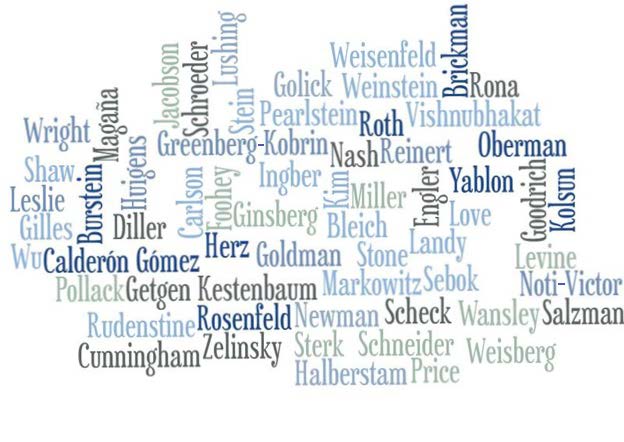Publication Date
2010
Journal
University of Illinois Law Review
Abstract
Fourth Amendment events generate substantial controversy among the public and in the legal community. Yet there is orthodoxy to Fourth Amendment thinking, reflected in the near universal assumption by courts and commentators alike that the amendment creates only tension between privately held individual liberties and public-regarding interests in law enforcement and security. On this account, courts are faced with a clear choice when mediating Fourth Amendment conflicts: side with the individual by declaring a particular intrusion to be in violation of the Constitution or side with the public by permitting the intrusion. Scholarly literature and court decisions are accordingly littered with references to the “costs” to society of enforcing the Fourth Amendment in favor of individual claimants. Taking the “public interest” seriously in this framework predictably favors government intrusions.
This Article challenges this dichotomous approach to Fourth Amendment interpretation by identifying a new dimension of the public’s interest: important collective values that are in harmony, rather than in tension, with individual liberties. The multidimensional approach advanced here recognizes that there are many kinds of public interests, some of which are advanced and some of which are impeded by Fourth Amendment intrusions. Drawing on First Amendment and Due Process Clause jurisprudence, empirical data, and historical materials, this Article uses as examples two categories of collective interests—participatory pluralism and efficient and accurate administration of the criminal justice system—that are implicated by Fourth Amendment questions but are ignored by the Supreme Court’s current jurisprudence. If the Court is to take the public’s interest seriously, it needs a Fourth Amendment jurisprudence that takes into account these interests, among others, and acknowledges the reality that the “public interest” is multifaceted.
First Page
1461
Publisher
University of Illinois College of Law
Keywords
Search, Seizure, Warrant, Camara, Terry, Pluralism, Exclusionary Rule, Balancing, Stop and Frisk, Social Meaning
Disciplines
Constitutional Law | Fourth Amendment | Law | Law and Society | Law Enforcement and Corrections | Legal History
Recommended Citation
Alexander A. Reinert,
Public Interest(s) and Fourth Amendment Enforcement,
U. Ill. L. Rev.
1461
(2010).
https://larc.cardozo.yu.edu/faculty-articles/716
Included in
Constitutional Law Commons, Fourth Amendment Commons, Law and Society Commons, Law Enforcement and Corrections Commons, Legal History Commons


